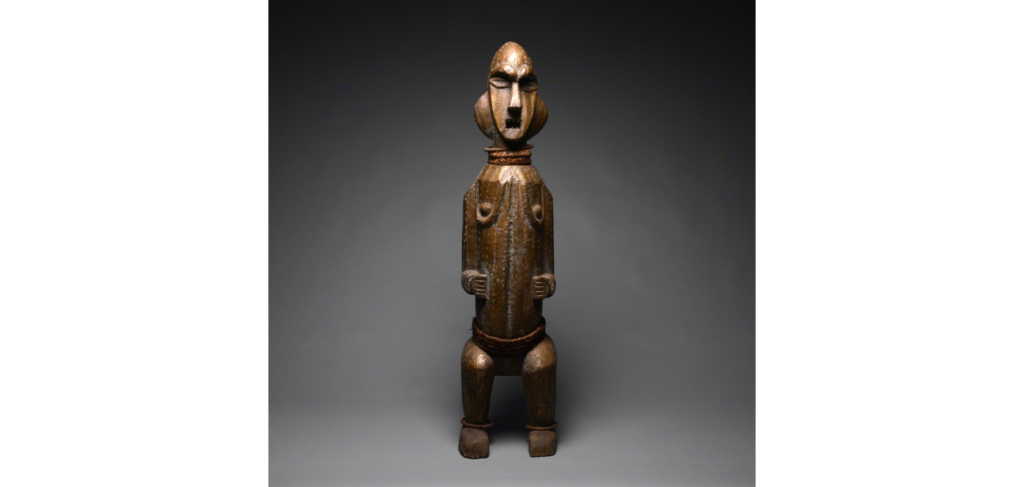Belgium announced on Saturday its decision to transfer ownership of illegally acquired Congolese artifacts. This is a significant step towards addressing colonial legacies and rectifying historical injustices. The country aims to return works from the Royal Museum for Central Africa in Tervuren.
Thomas Dermine, Belgium’s Secretary of State for Scientific Policy, emphasized the focus on repatriation, specifically targeting artifacts obtained through colonization. The museum opened in 1897 and displayed treasures amassed during Leopold II’s reign.

Belgium estimates that it obtained only 883, less than 1 percent, of the museum’s extensive collection of 85,000 Congolese objects illegally. To determine the legality of the remaining portion, researchers need to conduct further investigations. The objects were brought to Belgium between 1885 and 1960, the year the Congo gained independence from Belgium.
During this period, Congolese citizens endured countless atrocities, as Belgians ruthlessly exploited their labor for the rubber and chocolate industries. Last July, the Belgian government proposed a commission to address colonialism. However, formal creation has yet to occur, leading to frustration among experts.
To take matters into their own hands, curators and scholars in Belgium drafted a document advocating for the comprehensive repatriation of objects. These objects are closely linked to the conquest, occupation, and colonization of the Central African region.
Acknowledging the lack of progress on the part of officials, Dermine expressed his determination to act swiftly. He stated, “We will consider the recommendations of the parliamentary commission on the colonial past, but I want to move forward now. I want there to be formal commitments for restitution under this government, ideally by 2024.”

Belgium’s decision to return illegally acquired Congolese artifacts sets a significant precedent. It recognizes the rights of countries and cultures of origin and addresses historical accountability. As debates surrounding repatriation continue, Belgium’s actions underscore the importance of adopting a more inclusive approach to cultural heritage and fostering international dialogue.
In Belgium’s commitment to repatriation reflects a substantial stride in confronting the past and promoting a more equitable future. Restitution is a legal and ethical obligation and a profound gesture toward healing wounds and fostering respectful international dialogue. By taking decisive action, Belgium sets an example for other nations to recognize the significance of historical accountability and work towards a more just world.


